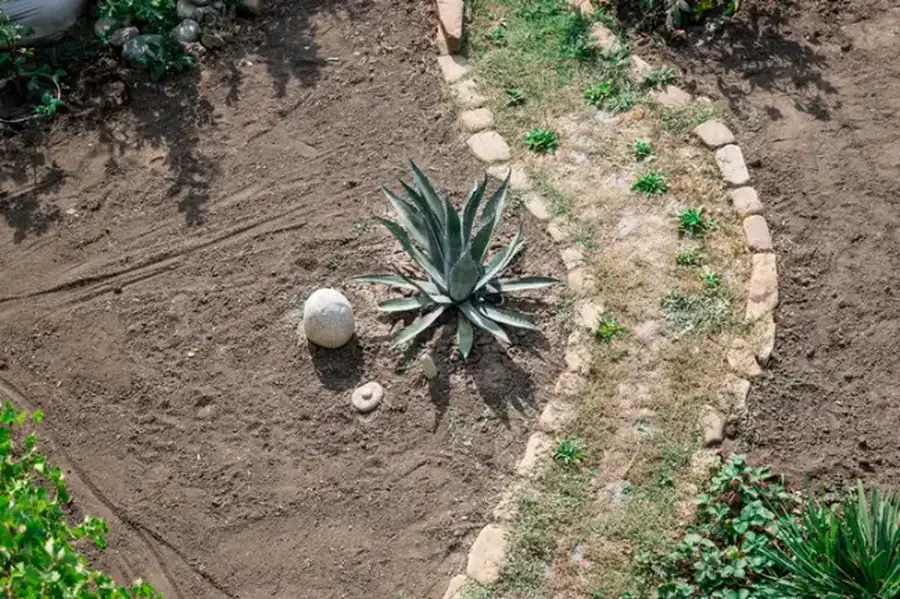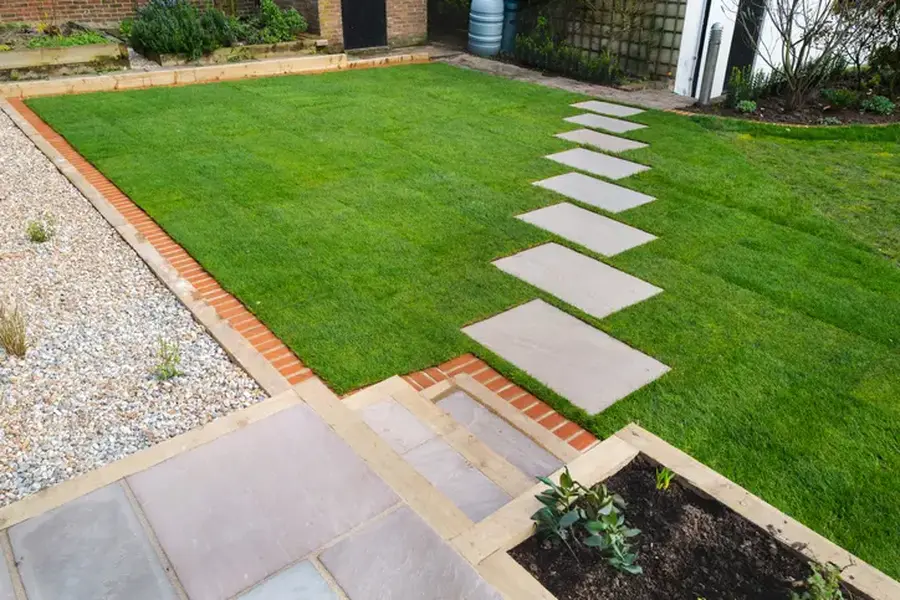Essential Steps to Prepare Your Soil Properly
The success of a landscaping project often hinges on the soil’s readiness. Preparing the soil is one of the most crucial steps in ensuring that your plants thrive and your garden looks its best. Poor preparation can lead to numerous problems like poor plant growth, waterlogging, and pest infestations. By understanding how to prepare your soil correctly, you set the foundation for a beautiful and sustainable landscape. Let’s explore the essentials of getting your soil ready.
The Importance of Soil Testing
Before diving into any gardening project, testing your soil is vital. A soil test provides detailed information about nutrient levels, pH balance, and organic matter content. With this data, you can tailor amendments to suit your garden’s needs. It ensures that your landscape installation gets off to the right start by addressing potential deficiencies or excesses in advance.
Amending Soil for Optimal Growth
After testing, it’s time to amend the soil based on those results. This step is key for landscape installation. Adding organic matter like compost or well-rotted manure enhances soil structure and fertility. For clayey soils, incorporate sand or gypsum to improve drainage and aeration. In sandy soils, add peat moss or vermiculite to retain moisture.
Choosing the Right Fertilizers
Fertilizers replenish essential nutrients that may be lacking after planting. Select fertilizers that match your soil test recommendations. Use balanced fertilizers for general purposes, high-phosphorus varieties for flowering plants, and nitrogen-rich options for lush lawns. By choosing wisely, you promote healthy plant development and vibrant growth.
Effective Soil Aeration Techniques
Aeration helps improve air circulation within the soil, which is crucial for root health. This process involves breaking up compacted soil using tools like garden forks or mechanical aerators. It allows roots to access oxygen more efficiently and enhances water infiltration. Regular aeration keeps your garden’s ecosystem thriving.
Determining the Right Planting Depth
Planting at the correct depth protects seeds and young plants from environmental stress. Generally, seeds should be planted two times their diameter below the surface. For transplants, ensure that they are level with the existing ground or slightly above it in heavy soils. This practice prevents drowning plants in waterlogged conditions.
Setting up Proper Drainage Systems
Poor drainage can lead to root rot and other plant diseases. Establishing an efficient drainage system is essential in areas with heavy rainfall or clay-rich soils. Options include installing French drains, creating raised beds, or incorporating slopes in your design for natural runoff management.
Mulching for Moisture Retention
Mulch serves as a protective layer over soil surfaces, reducing evaporation and conserving moisture. Organic mulches like shredded leaves or bark decompose over time, adding valuable nutrients back into the soil. Mulching also suppresses weeds and stabilizes soil temperature-an all-around beneficial practice for maintaining soil health.
Nurturing Your New Landscape
Once your landscape is installed, ongoing care ensures its longevity and beauty. Implement regular watering schedules suited to plant types and climate conditions. Monitor pest activity and use environmentally friendly control methods where possible. Additionally, seasonal pruning maintains plant shape and encourages new growth.
Contact Our Expert Team Today
If you’re looking to transform your outdoor space in Canton, GA, our team at C & J Landscape LLC. is here to help you achieve exceptional results. Contact us at (770) 899-4617 to learn more about our services and how we can assist with all aspects of landscape preparation and maintenance.


